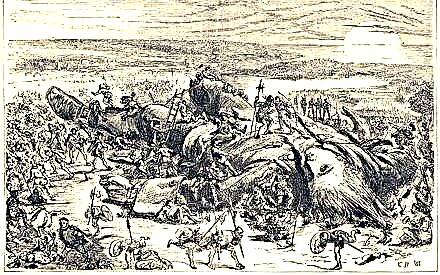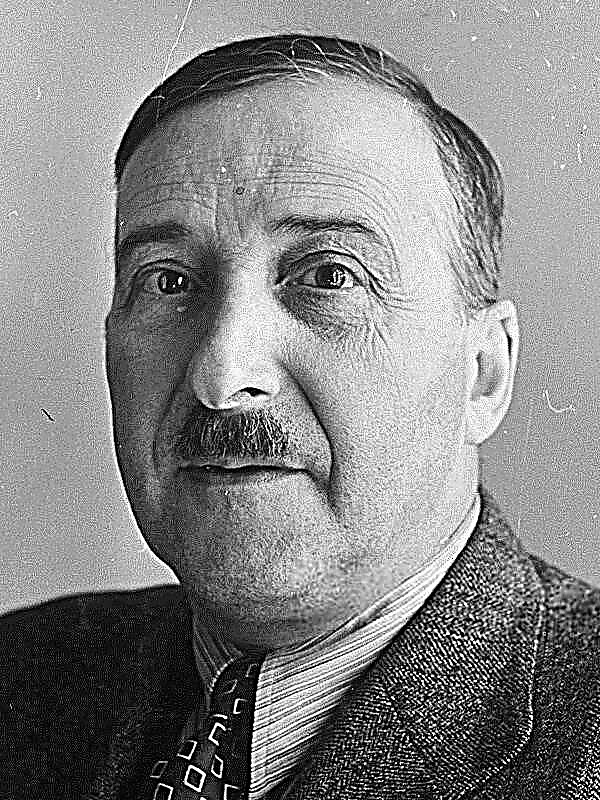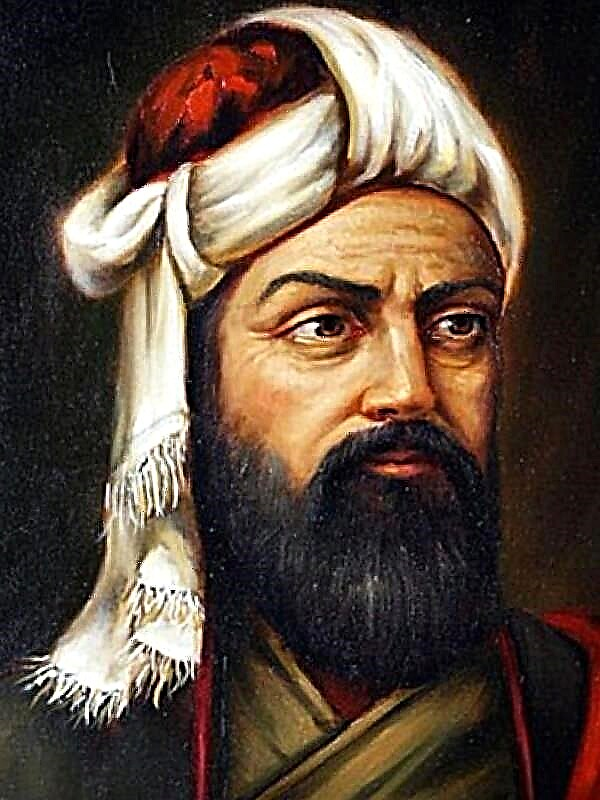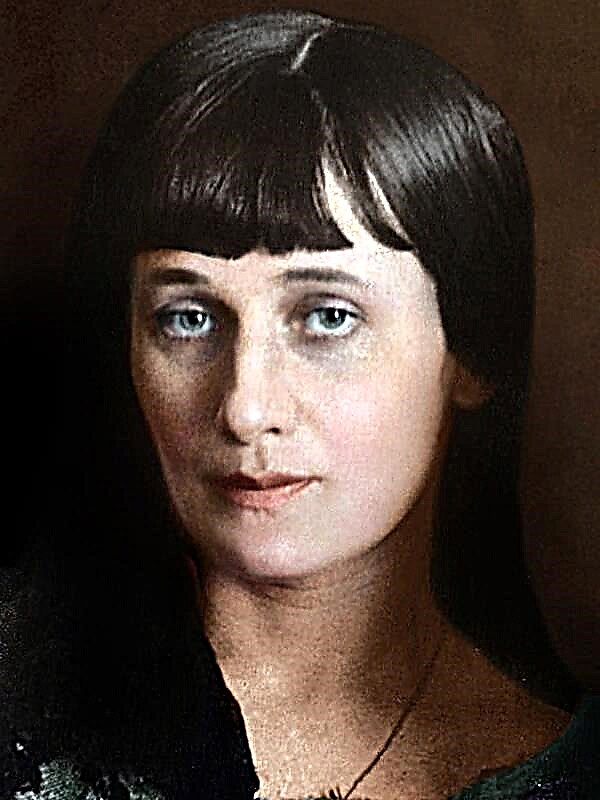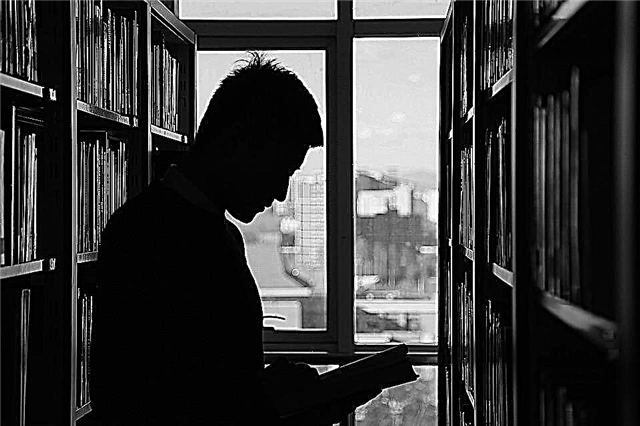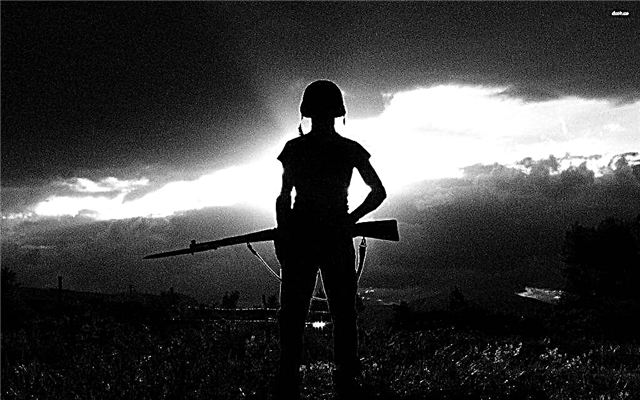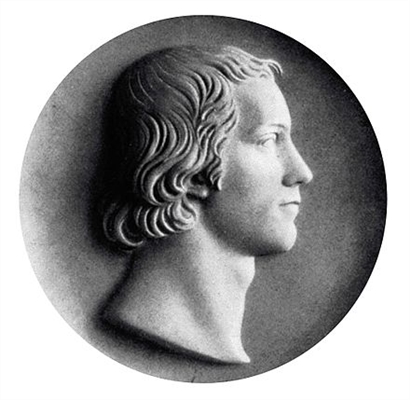Indifference is a kind of disease typical of any society. Hitting a person, she turns his living and soft heart into ice, makes him remain blind and deaf to other people's troubles and misfortunes. Indifference, as well as almost every disease, can be cured; moreover, its spread among people can be prevented. A confident, holistic person, supported in the form of a number of moral values, adhering to moral convictions and principles, and ready to boldly and openly demonstrate this, will be an excellent example of the fight against indifference.
So, Robinson Crusoe, the protagonist of the novel of the same name by Daniel Defoe, even on a distant island had the opportunity to participate in the fate of another person. At the risk of his life, Robinson decided to intercede for the captive savage, who was threatened with imminent death. He not only saved the young man, but also enlightened him for a long time, introduced him to culture: he taught the language, talked about Christianity and turned him away from a penchant for cannibalism. In exchange, Robinson acquired on Friday the face of an obedient assistant and a loyal friend. In the future, the heroes will have to rescue more than one person, and they will do so without hesitation, despite the constantly threatening danger.
The guiding lines for Robinson Crusoe were a strong faith in God, a strong desire to serve as a divine tool in the struggle for the salvation of human souls and the inability to look at living beings without compassion and love.
In the story of M.A. Sholokhov "Alyoshkino heart" the reader will encounter examples of both indifferent and directly opposite behavior of the characters. Alyosha's family died of starvation, but a wealthy neighbor did not care. She very badly beat the boy who sneaked into her house, only to drink milk. Ivan Alekseev, the owner who hired Alyosha for work, was also notable for his cruelty in dealing with him. But the boy did not get angry, because he remembered his mother’s words about his extremely kind heart and believed in them. Only the politician Sinitsyn was kind, sensitive and attentive to the boy. Sinitsyn, like all caring people, followed his faith. His faith is the ideology of the new, Soviet power. Sinitsyn stands guard over the law, he is convinced that the boy has rights that must be honestly observed, which deserves support and praise. Thanks to his ideology, Sinitsyn finds potential in the child and tries to develop it.
If a person has something to be guided by on his life path, there are some dogmas to turn to, then he will feel stronger, and therefore able to protect someone else. And over time, not to be indifferent will become a habit, as will the desire to share with others the feeling of inner harmony.

 Important years
Important years